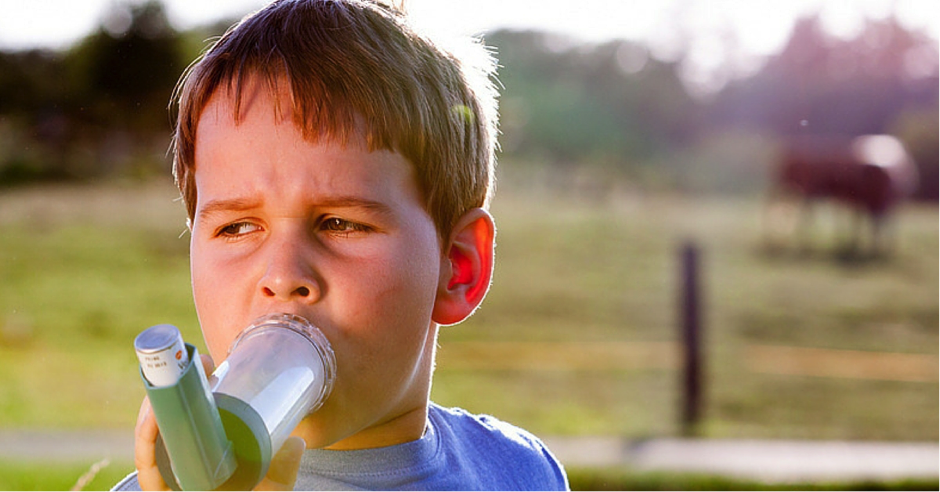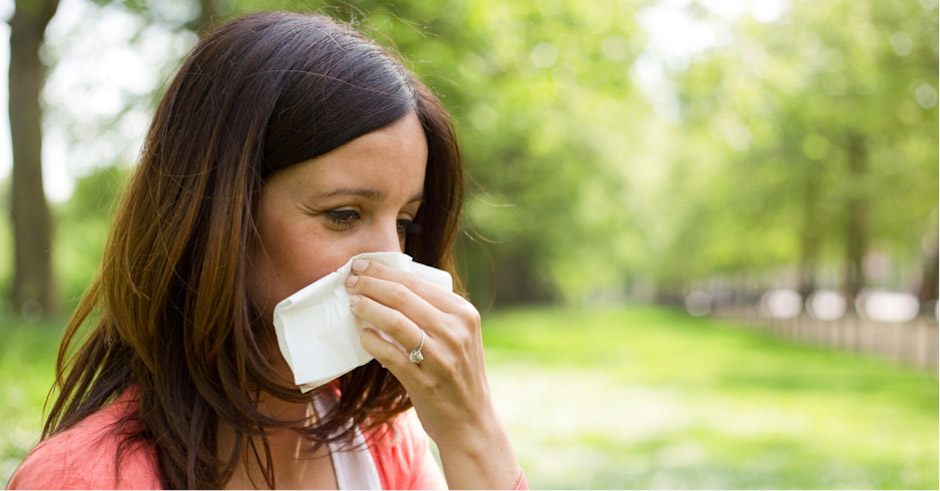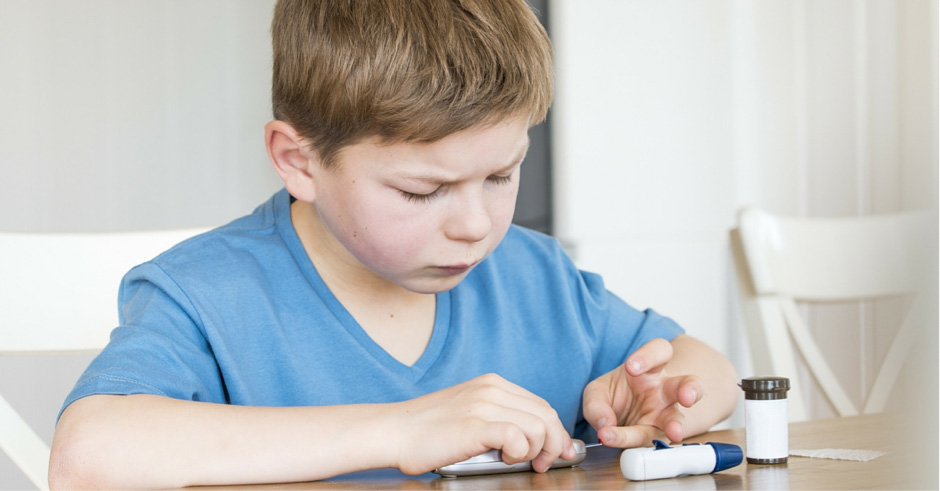Australia is blessed with a long and beautiful summer. The beaches, the open-air cafés and a busy sporting calendar, all beckon. But to enjoy summer to the fullest, there are a few things you must do. Use sun protection (sunscreen and hat) and hydrate well. Let’s talk about the latter because it is really easy to dehydrate very quickly in hot weather. And no, beer and sugary drinks are not hydrating.
What is dehydration?
Dehydration occurs when your body loses too much water and salts. This loss can be due to a few different causes, but the most common ones are the loss of fluid due to rigorous exercise (such as running a marathon in hot weather) or an illness that involves vomiting and diarrhoea.
Some of these quick facts will show why hydrating our body is so important. An average adult loses between 2-3 litres of water a day – more on a hot day. Even sedentary activities can cause fluid loss. A short 3-hour flight can deplete of 1.5 litres of water. Also, the human body does not store water, so drinking several litres one day and not enough another day does not help. Despite this, most adults ignore regular hydration.
Who is more vulnerable to dehydration?
Dehydration can occur to persons of all ages but especially vulnerable are older adults, children, and small babies.
- A larger portion of a child’s body comprises water.
- Children have a higher metabolic rate and so need to drink water more frequently.
- When children are ill they run a higher risk of dehydration. For instance, vomiting and diarrhoea can deplete their body of fluid. On the other hand, something like an ear infection can make them lose their appetite – reducing their fluid intake.
- Older people are more prone to dehydration as their bodies hold less fluid.
- Older people could be on medication for other conditions that can increase the risk of dehydration, especially if their medicine is diuretic.
- Very active adults also risk dehydration especially if they indulge in intense sporting activity in hot weather and do not adequately hydrate themselves before, during and after the event.
What are the signs of dehydration?
The tendency is to think that thirst is the first sign that the body needs more water. But according to the Australian Fitness Network, by the time thirst registers on you, the body may have lost 2% of its fluids. Here are some symptoms of dehydration provided by the Better Health Channel of the Victorian government:
- Headaches
- Muscle cramps
- Dry and cracked lips, dry nasal passage
- Weakness, confusion and hallucinations
- Mood changes and slow responses
- Dark urine
If any of these signs cause concern, and you suspect severe dehydration, see your GP. Only the GP can recommend treatment that will rehydrate you quickly and safely.
Measures to prevent dehydration:
If you have young kids at home, there are some common sense measures that you can put in place, especially on hot days:
- Get children gradually acclimatised to warm weather and give them occasional exposure to heat from the sun. Increase the exposure slowly.
- Give them plenty of fluids especially water to drink. Sports drinks are ok but contain high levels of sugar.
- Encourage children to cut back on strenuous sporting activity when days are hot by taking frequent breaks.
- Hydration should ideally begin before the sporting event.
- Encourage children to drink every 20 minutes while playing.
- Understand weather conditions and plan accordingly.
- Dress children in appropriate clothing that will dissipate, heat and allow ventilation. This will keep their bodies as cool as possible, slowing down the loss of fluid.
If you have a baby, you must see your GP at the first sign of discomfort in really hot weather, but here are some general precautions you can take:
- Give your child lots of liquid foods such as breast milk, if still nursing. It’s better when given in small amounts frequently. If your child is on formula, don’t attempt to dilute the formula. Continue to give them plenty of extra water.
- Don’t give your baby fruit juice especially if they have diarrhoea or vomiting. This may cause the condition to worsen.
- Your GP may recommend giving your child ORS (Oral Rehydration Solution) at intervals, in addition to their usual feed of breast milk or formula. Make sure you follow the GP’s instructions on dosage.
These are some recommendations given by Better Health Victoria on daily fluid consumption:
- Children under the age of 1: 0.7-0.9 litres
- Children between 1-8: 1 -1.2 litres
- Girls aged 9-18: 1.4-1.6 litres
- Boys aged 9-18: 1.6-1.9 litres
- Women: 2.2 litres
- Men: 2.6. litres
If you have a high protein diet or have a higher consumption of alcohol, your fluid retention needs may be higher. Speak to your GP about what your ideal consumption of water should be during one of your regular check-ups.
We all want to live life to the fullest. So stay active and enjoy the outdoors, but stay safe. And a lifestyle that includes regular hydration will serve you well in the long run.





